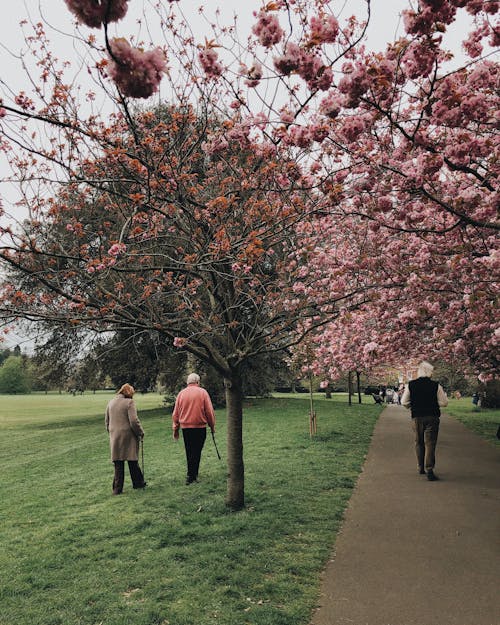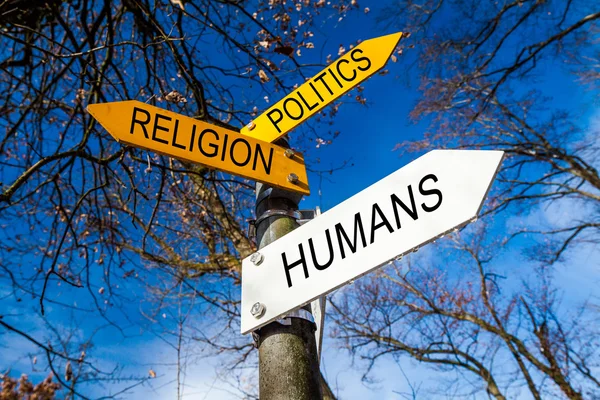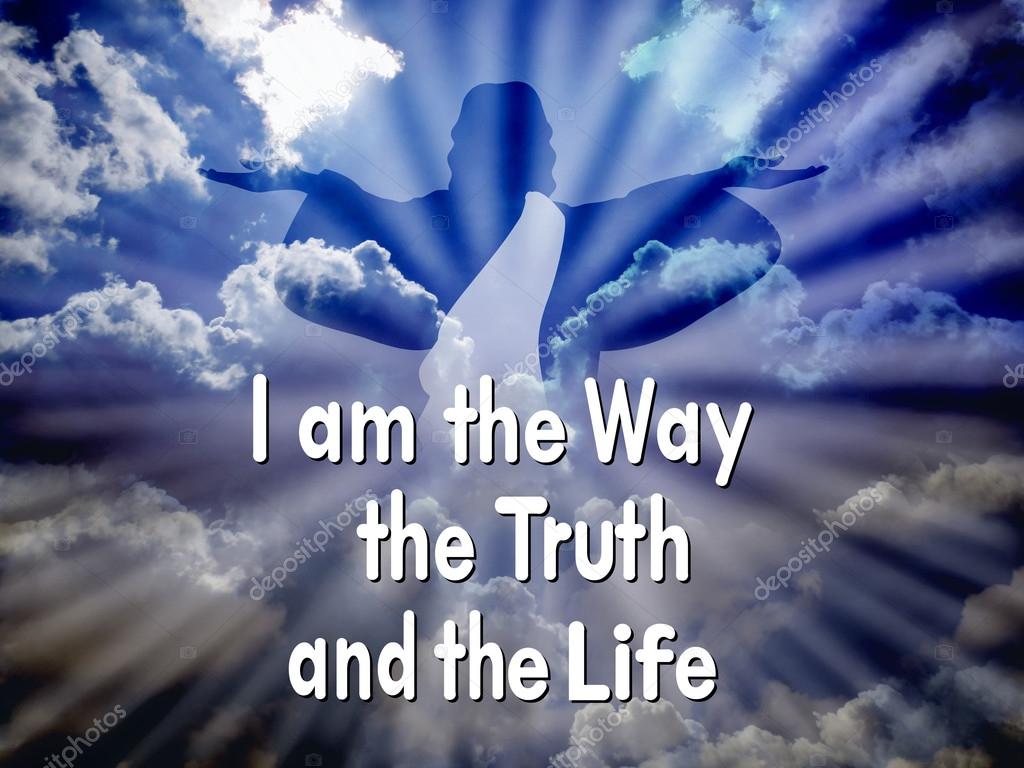
In the Catholic Peace Weekly, a religious sister, in her column on living a fulfilling senior life, gives some help on growing old gracefully.
When she asked the seniors at the Senior Citizens’ Center, "Are you living the kind of old age that you envisioned for yourself when you were young?" only one or two gave a positive answer. What she learned from them was that they never let go of their expectations and hopes for life regardless of their age.
Two years ago, she heard that an elderly man over 80 years of age had planned a pilgrimage to 167 holy places in Korea, showing her a book titled "Korean Catholic Pilgrimage." She thought that it was an impossible plan. When she met the man not long ago and asked how far he had carried out what he had planned, she was surprised to hear that there was only one place left. The elderly man added: "I am happy," smiled brightly, and continued, "This year, we are planning a walking pilgrimage from the northernmost point to Busan."
When asked: "Aren't there any people around you opposed, because of your age?" he also said that he did not even start many times because he was afraid that he would not be able to make it to the end. "It's okay if you don't reach the destination." Hearing the words: "If you feel like doing it and have grown, that is enough," gave him the opportunity to feel how lazy he was and made up his mind to start.
When you grow old, there are more worries and demands around you about "what not to do" rather than "what to do." They are told not to walk because there is a risk of fractures, not to get off the bed because there is a risk of falling, to eat less because it is troublesome to go to the bathroom, and to stay at home because it can be painful to go out. Elderly people say that life is becoming less and less fun and more boring because it is all about what not to do.
It makes the sister sad to see those who give up what they can do, conscious of the gazes around them. Although the things you can do are limited due to the limitations of one's physical strength called old age. If you do not do physical activity, the functions you have maintained gradually slow down. It is a great help to maintain the body by going for a walk and being able to move around in the sun as long as it is not too much.
There are cases in which people who used to be active stay at home without doing any outside activities as their legs and joints become weak. They become ashamed to walk with a cane. On the other hand, you have elders who, because of health, can't leave their beds and would care little of what others think if they were able to walk even a few steps. It is only natural that bodily functions decline with advancing age. When we acknowledge and accept our condition, we become free.





